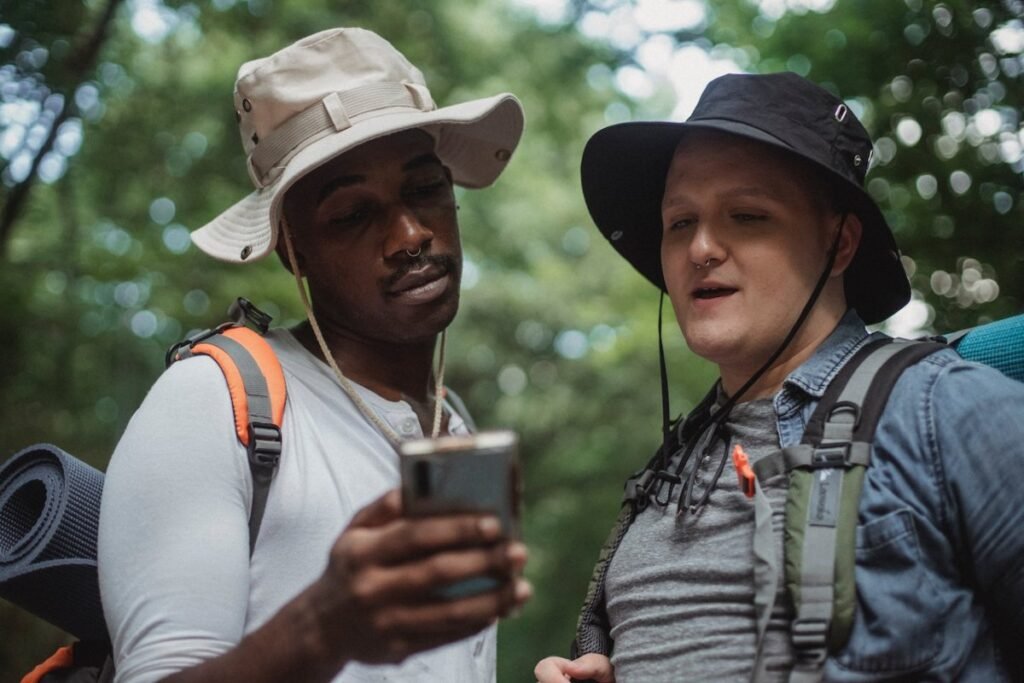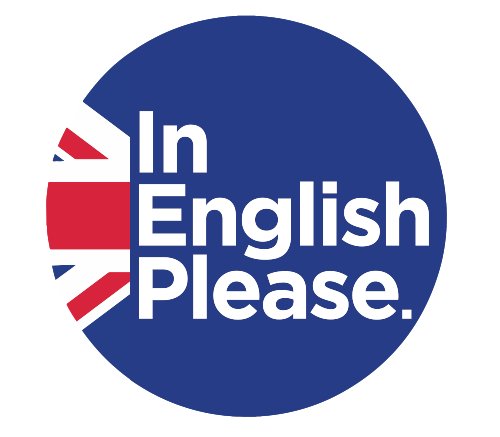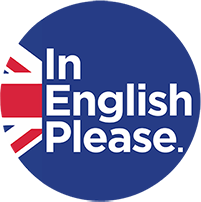Modals: might, may, will, probably

Learn how to use might, may, will and probably
These modal verbs are super useful to express uncertainty. Let’s learn how to use them!
Might and may:
“Might” and “may” are both modal verbs that are used to express possibility. They are often used in conjunction with other verbs to indicate that something is possible or probable.
Important: may and might go AFTER the subject. I MAY go. He MIGHT come.
Might:
“Might” is used to express a lower level of possibility than “may.” It suggests that something is less likely to happen than if “may” were used.
For example:
“I might go to the store later.” This means that it is possible that the speaker will go to the store later, but it is not certain.
“She might be at home.” This means that it is possible that she is at home, but it is not certain.
See more examples with might:
I might go to the movies later, if I finish my work in time. Puede que vaya al cine más tarde, si termino mi trabajo a tiempo.
He might be at the office, but I’m not sure. Puede que esté en la oficina, pero no estoy segura.
I feel a little under the weather today, I might stay home instead of going to work. Hoy me siento un poco indispuesta, puede que me quede en casa en vez de ir a trabajar.
It might rain later, so you should bring an umbrella. Puede que llueva más tarde, así que deberías traer un paraguas.
We might need to change our plans, depending on the weather. Puede que tengamos que cambiar de planes, dependiendo del tiempo.
You might want to reconsider your options before making a decision. Quizá quieras reconsiderar tus opciones antes de tomar una decisión.
I might be able to help you with that, let me check my schedule. Quizá pueda ayudarte con eso, déjame comprobar mi horario.
May:
“May” is used to express a higher level of possibility than “might.” It suggests that something is more likely to happen than if “might” were used.
For example:
“I may go to the store later.” This means that it is likely that the speaker will go to the store later, although it is still not certain.
“She may be at home.” This means that it is likely that she is at home, although it is still not certain.
More examples with may:
The forecast says it may snow tonight, but I’m not sure. El pronóstico dice que puede nevar esta noche, pero no estoy seguro.
He may be on vacation, I haven’t seen him in a while. Puede que esté de vacaciones, hace tiempo que no le veo.
We may have enough money to buy a new car. Puede que tengamos suficiente dinero para comprar un coche nuevo.
She may be interested in the job. Puede que le interese el trabajo.
The flight may be delayed, we should check the status before going to the airport. Puede que el vuelo se retrase, deberíamos comprobar el estado antes de ir al aeropuerto.
They may have already left, let’s call them to confirm. Puede que ya se hayan ido, llamémosles para confirmarlo.
We may be able to finish the project on time if we work extra hours. Quizá podamos terminar el proyecto a tiempo si trabajamos más horas.
Will and probably:
We use will to talk about things that we are very sure will happen in the future or plans. For example, if you say “I will go to the store tomorrow,” that means you are very sure you will go or you have already decided to go. We can also use “will” to make promises to others. When we use “will” to talk about the future, it can also be a way to show that we are confident about something happening.
We use probably to talk about things that we think are very likely to happen, but we’re not completely sure. For example, if you say “It will probably rain tomorrow,” that means you think there’s a good chance it will rain, but you’re not 100% sure.
We can also use probably with other words, like may, might and could, to show that something is possible, but not certain.
See these examples:
I will definitely come to your party on Saturday.
It will probably rain this weekend.
Will you help me move the furniture tomorrow?It will probably rain this weekend.
He will definitely pass the driving test.
We will probably go on a road trip this summer.I will probably watch a movie tonight.
He will probably get the job offer.

